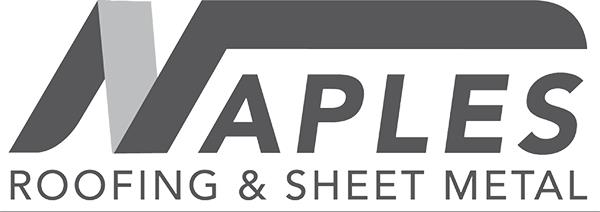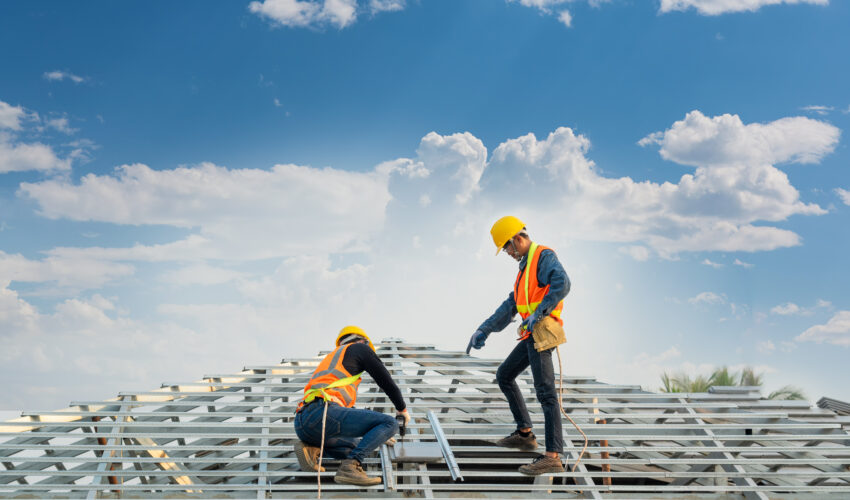What is the most efficient roofing system?
Choosing the right roofing system is an important decision for any homeowner or business owner. Roof impacts energy efficiency, indoor comfort, and long-term sustainability, besides protecting property from the elements. In today’s world, where energy costs are rising, and environmental concerns are increasing, it is crucial to select an efficient, durable, and environmentally friendly roofing. There are many Roofing companies in usa offering efficient roofing process protect the building.
An efficient roofing system can help reduce heating and cooling costs by keeping the indoor temperature consistent, preventing air leaks, and minimizing heat transfer. Further, an efficient roof can reduce the carbon footprint of the property by utilizing sustainable materials and minimizing waste. The right roofing system can also improve the property’s overall value, enhance curb appeal, and provide long-lasting protection against weather damage.
In this guest blog, we will discuss the most efficient roofing systems. Let us have a look at some of them and related things.
Types of Efficient Roofing Systems
There are several types of roofing systems available in the market that can be considered efficient. Let’s take a closer look at some of the most popular options:
-
Metal Roofing-
Metal roofing is a popular and energy-efficient roofing option that can last up to 50 years or more. It is highly durable and can withstand harsh weather conditions. This makes it an ideal choice for areas prone to extreme weather events. Moreover, metal roofs can reflect sunlight and heat away from the property, which can reduce cooling costs during the summer. Metal roofing is also recyclable, making it a sustainable choice for homeowners and business owners.
-
Asphalt Shingles-
Asphalt shingles are a commonly used roofing material due to their affordability, ease of installation, and availability in various colors and styles. They can last up to 20 years and are highly energy-efficient, meeting Energy Star standards. In addition, some manufacturers offer asphalt shingles that can resist algae growth, which can help maintain their appearance. Overall, asphalt shingles are a practical and cost-effective choice for homeowners and business owners looking for an efficient roofing system.
-
Concrete Tiles-
Concrete tiles are a popular roofing option due to their durability and fire-resistant properties. They are long-lasting and can withstand extreme weather conditions. This makes them an ideal choice for areas prone to hurricanes, wildfires, and other natural disasters. Also, they can reflect sunlight and heat away from the property, reducing cooling costs. Concrete tiles are available in various styles, textures, and colors. This provides homeowners and business owners with an aesthetically pleasing and energy-efficient roofing option.
-
Green Roofs-
Green roofs, also known as living roofs, involve the installation of vegetation on the roof surface. They can provide natural insulation, reduce stormwater runoff, improve air quality, and provide an aesthetic appeal to the property. Green roofs can also reduce the urban heat island effect, lowering the cooling costs during the summer. They are an environmentally friendly roofing option and can increase the property’s overall value. However, green roofs require specialized maintenance, which can add to their overall cost.
Comparison of Efficient Roofing Systems
When choosing an efficient roofing system, it’s important to compare the pros and cons of each option. Here are some key factors to consider when comparing different types of efficient roofing systems:
- COST- The cost of the roofing material and installation can vary greatly. Metal roofing tends to be the most expensive, while asphalt shingles are the most affordable. Green roofs can be the most expensive due to their specialized installation and maintenance requirements.
- DURABILITY- Some roofing materials can last up to 50 years, while others may only last 20 years. Metal roofing and concrete tiles are known for their durability, while asphalt shingles have a shorter lifespan.
- ENERGY EFFICIENCY- All efficient roofing systems can help reduce energy costs. Metal roofing and green roofs are particularly effective at reflecting sunlight and heat away from the property. This helps in reducing cooling costs.
- ENVIRONMENTAL IMPACT- Some roofing materials are more environmentally friendly than others. Metal roofing and green roofs are both recyclable and sustainable options, while asphalt shingles can contribute to landfill waste.
- MAINTENANCE- Different roofing systems require different levels of maintenance. Green roofs require regular maintenance to ensure the vegetation remains healthy. On the other hand, metal roofing and asphalt shingles require minimal maintenance.
Factors to Consider in Choosing an Efficient Roofing System
When selecting an efficient roofing system, there are several important factors to consider. These factors can help ensure that the roofing system is not only efficient but also durable and environmentally friendly. Here are some factors to consider:
-
Climate and weather pattern-
The roofing system should be able to withstand the local climate and weather patterns. The local climate and weather patterns can impact the roofing system’s performance and lifespan. For example, hurricanes or heavy snowfall-prone areas require a roofing system that can withstand high winds and heavy snow loads. Additionally, areas with high heat and humidity levels may require a roofing system that can reflect sunlight and reduce cooling costs. Therefore, choosing a roofing system that is suitable for the local climate and weather patterns can help ensure its long-term durability and efficiency.
-
Roofing material and durability-
The material of the roofing system can impact its efficiency, durability, and lifespan. Metal roofing is highly durable and long-lasting, while asphalt shingles are affordable and easy to install.
-
Insulation and Ventilation-
Good insulation and ventilation can help improve the energy efficiency of the roofing system by preventing heat transfer and reducing air leaks. Proper ventilation can also extend the lifespan of the roofing system by reducing moisture buildup.
-
Long-term sustainability-
Choosing a roofing system that is environmentally friendly and sustainable can have long-term benefits. For example, green roofs can improve air quality and reduce the urban heat island effect.
-
Cost-Effectiveness-
The roofing system should provide a good return on investment by reducing energy costs and requiring minimal maintenance. Comparing the cost of the roofing system, installation, and maintenance over the lifespan of the roofing system can help determine its cost-effectiveness.
Wrapping it up:
Choosing an efficient roofing system is essential for any property owner who wants to save money, reduce their carbon footprint, and enhance the durability and value of their property. With the right roofing system, you can improve energy efficiency, reduce maintenance costs, and protect your property against weather-related damage. Moreover, by selecting a sustainable roofing option, you can contribute to the environment’s well-being.
Therefore, it is essential to make an informed decision when selecting a roofing system. Consider factors such as climate, roofing material, insulation, ventilation, and long-term sustainability to choose the best option for your needs and budget. Consulting with a professional roofer can also provide valuable insights into selecting the most efficient and suitable roofing system for your property.If you are also looking for experienced roofing contractors, ‘Naples Roofing’ is the ideal place for you. We are commercial and industrial roofing contractors in USA. Naples Roofing offers a wide range of roofing services including, snow removal, roof replacement, tracking, emergency disaster relief, and many more.


